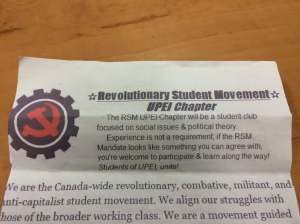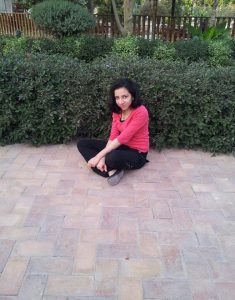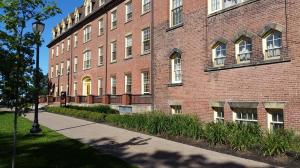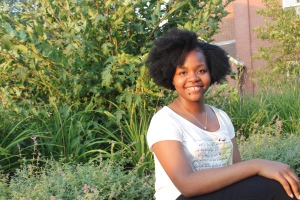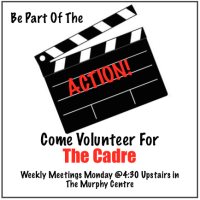UPEI’s campus pub The Wave has been serving and entertaining students for over a decade. In recent years the SU has been talking about renovations, and there are been rumors of privatization. Unsure of what’s really going on, The Cadre sat down with SU Vice President of Finance William McGuigan to get some answers.
“Odds are that by this time next year there will be no Wave,” said McGuigan confidently. “Mickey’s Place would potentially shut down, and its employees would be moved to work at the new, rebranded business that will replace The Wave” he added. McGuigan assured that the Student Union will not be selling the business. Whatever replaces The Wave, the Student Union will stay in control of it.
The tentative plan is to convert The Wave into a coffee shop-like venue. This renovation is scheduled to take place over the summer of 2018. Some new names were thrown around but no title has been solidified. McGuigan made it clear that The Wave has been experiencing losses, last year alone it faced a deficit of $50,000. In the light of the current financial situation, the SU conducted research which indicated that a venue serving coffee would perform better. This does not mean alcohol will not be served. There will be two sections: a cozy coffee section and a typical bar section where you can still get your beers and whiskey sours.
McGuigan allowed me to have a sneak peek at the proposed designs. The new space is supposed to be bright, fresh, and cozy. Currently, The Wave is dark and unwelcoming. More comfortable seating will be set up with couches and coffee tables, as well as brand new booths. The SU also plans to respond to the lack of plugs for phones and laptops by installing a significant amount of new wall outlets.
The renovations will stretch into the hundreds of thousands. $310,000 is the estimate for the proposed plan I was shown. This plan is attached to a design by an architectural company called SableArc Studios. The estimate does not include the additional costs of equipment and furniture, adding up to an approximate amount of $60,000 according to McGuigan. This plan has yet to be put into effect due to timing and funding issues. However, under the command of this year’s Student Union and McGuigan’s approach, The Wave may very likely be gone by September 2018. So the next time you’re at The Wave, know that its clock is ticking.
By: Daniel Timen
